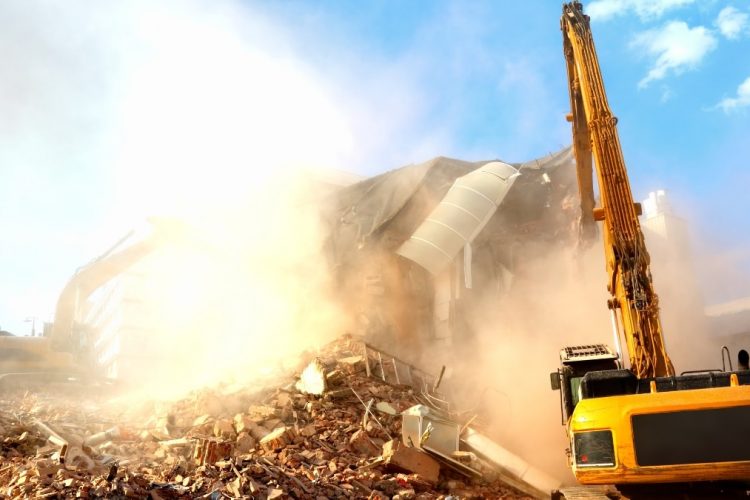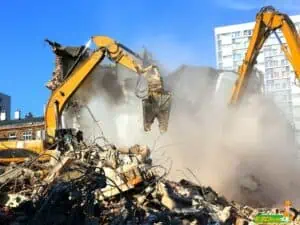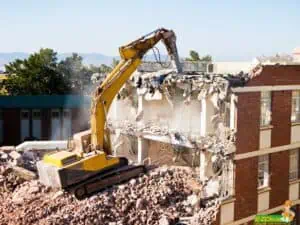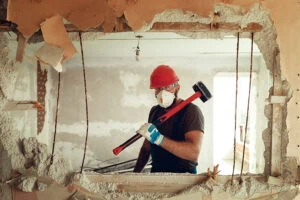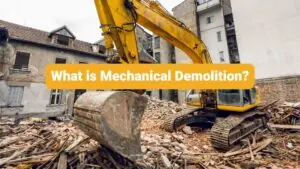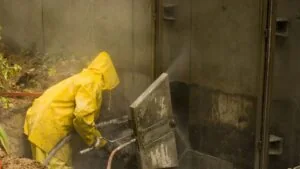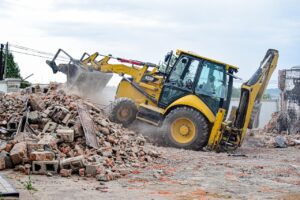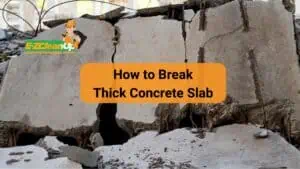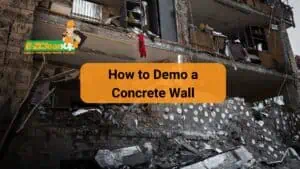Demolition waste, also known as construction and demolition (C&D) waste, refers to materials generated during the demolition of buildings, infrastructure, and other structures.
It includes a wide range of materials such as concrete, bricks, wood, metals, glass, insulation, and more.
In this article, we will delve into the different types of demolition waste, why proper management is crucial, and how it can be advantageous.
We will also discuss demolition plans and ways to prevent demolition waste. So, stay with us as we explore the world of demolition waste and its implications.
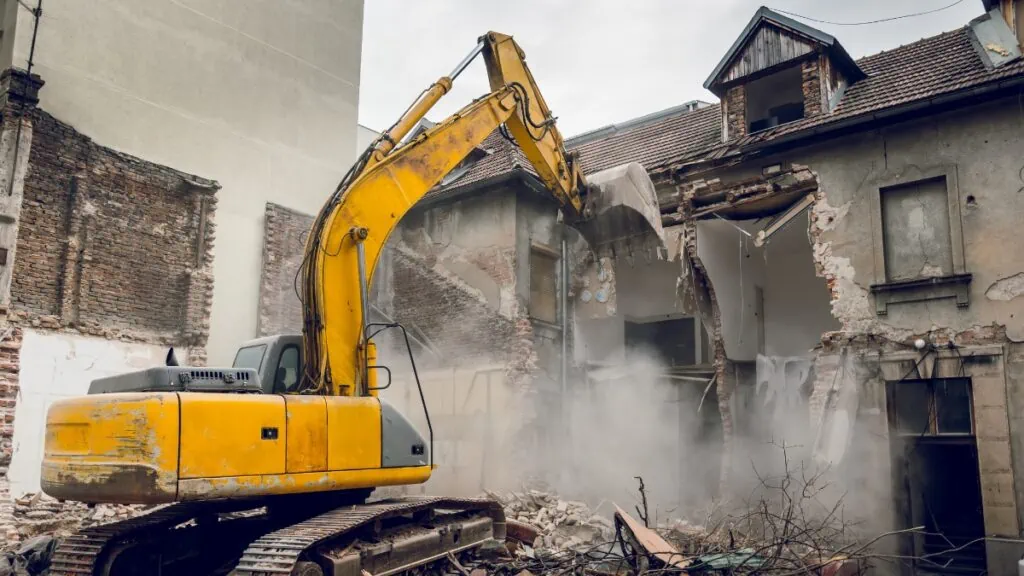
What are the types of demolition waste?
🔨 Inert Waste: This type of waste includes materials like concrete, bricks, and rubble, which do not decompose or release harmful substances into the environment.
🌲 Wood Waste: Wood waste consists of lumber, plywood, and other wooden materials used in construction.
🔩 Metal Waste: This category includes steel, aluminum, copper, and other metals used in the construction process.
🔧 Plastic Waste: Plastic materials such as PVC pipes, insulation, and other construction-related plastics are included in this category.
🏠 Gypsum Waste: Gypsum waste comprises of materials like drywall, plasterboard, and other gypsum products.
🍸 Glass Waste: Glass waste includes windows, doors, and other glass materials used in construction.
🍃 Organic Waste: This type of waste consists of vegetation, tree stumps, and other organic materials removed during demolition.
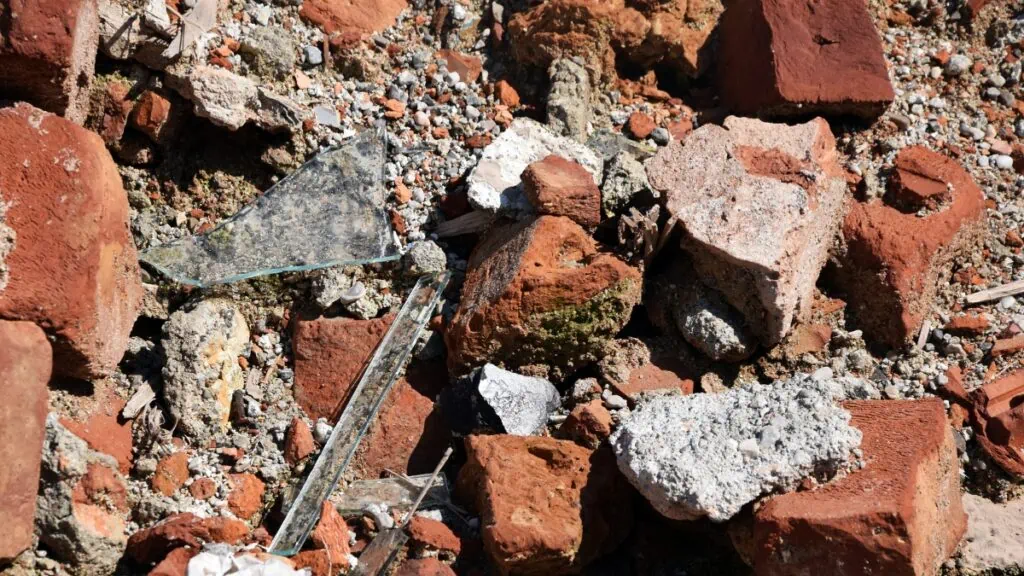
Why proper demolition waste management is critical:
The potential effects of demolition waste
🌍 Environmental Impact: Improper disposal of demolition waste can contribute to pollution, soil contamination, and the depletion of natural resources.
🚧 Health and Safety Risks: Exposure to hazardous materials such as asbestos, lead, and other chemicals can pose serious health risks to workers and nearby communities.
💸 Economic Consequences: The improper handling of demolition waste can result in increased costs for disposal, fines, and potential legal liabilities.
What is proper demolition waste management?
♻️ Reduce, Reuse, and Recycle: Implementing a waste management plan that focuses on reducing waste generation, reusing materials, and recycling whenever possible is essential.
👷 Safe Handling and Disposal: Properly trained workers should handle demolition waste to minimize health and safety risks. Additionally, waste should be disposed of in designated facilities.
📋 Compliance with Regulations: Adhering to local, state, and federal regulations regarding demolition waste management helps protect the environment and avoid penalties.
🏗️ Collaboration with Professionals: Working with experienced demolition contractors, like us, ensures that demolition waste is managed effectively, sustainably, and in compliance with the applicable laws.
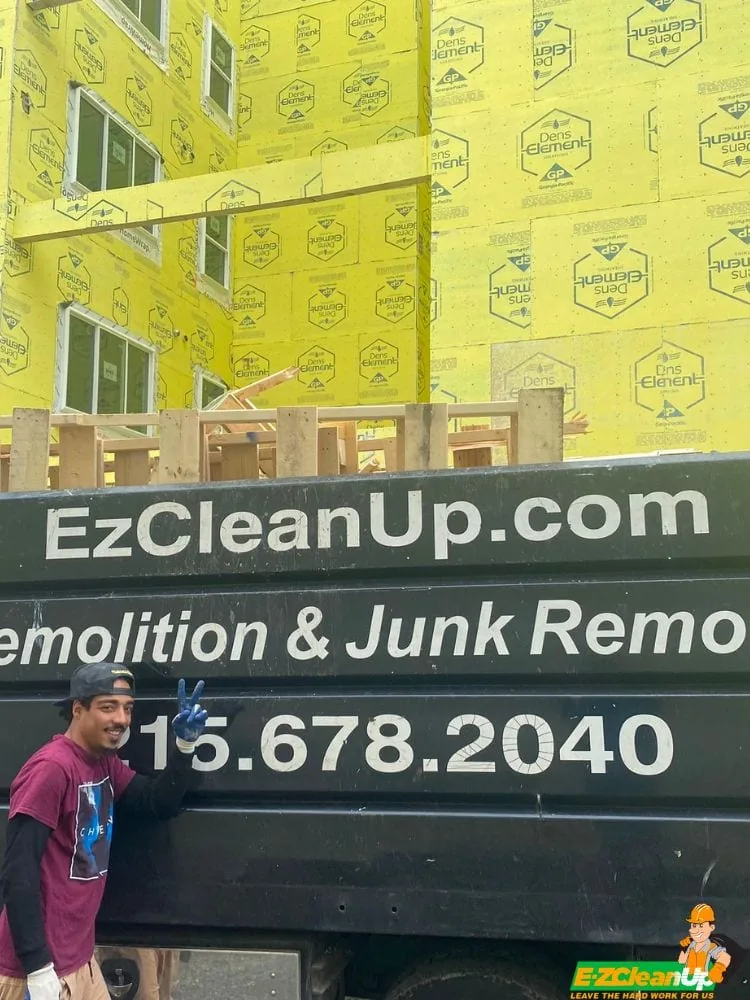
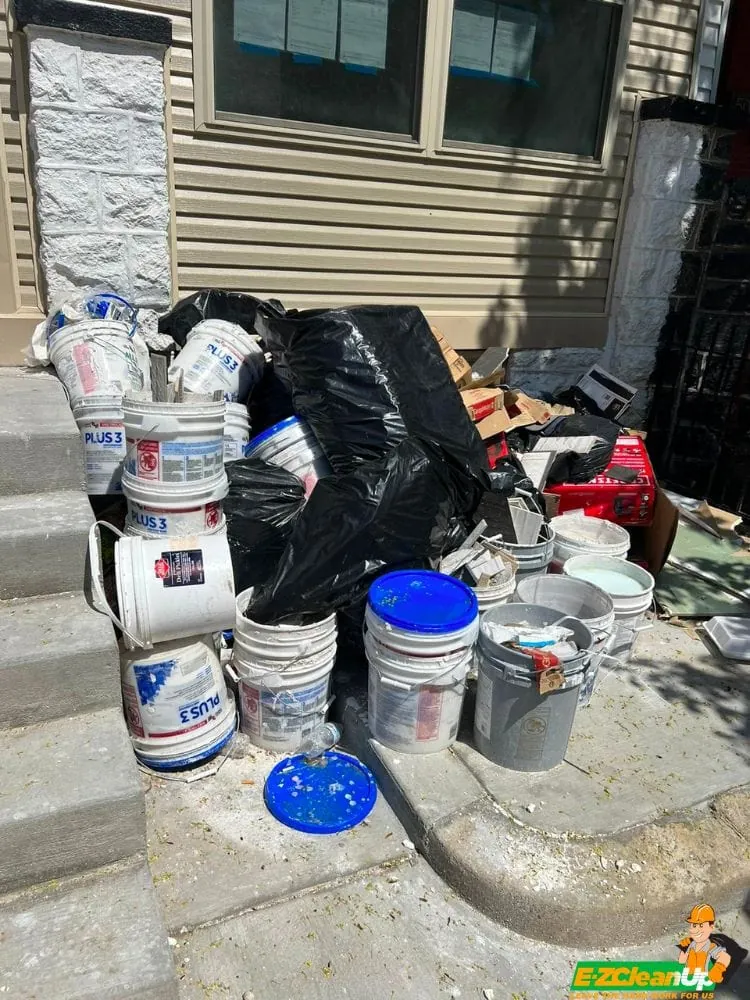
What could be the advantages of demolition waste?
🔄 Recycling and Resource Recovery: Demolition waste can be a valuable source of raw materials for new construction projects, reducing the need for virgin resources and promoting a circular economy.
🌱 Environmental Benefits: By recycling and reusing demolition waste, we can conserve natural resources, reduce energy consumption, and minimize the environmental footprint of construction projects.
💰 Cost Savings: Recycling and reusing demolition waste can lead to cost savings by reducing the need for purchasing new materials and landfill fees. Check out EZ Cleanup’s interior demolition services for responsible demolition waste management.
What is a demolition plan, and where does the waste come in?
A demolition plan is a comprehensive document that outlines the steps, procedures, and safety measures to be followed during the demolition process.
Demolition waste management plays a crucial role in the plan, as it involves the proper handling, disposal, or recycling of materials generated during the demolition.
You might also be interested in this article: What are the Reasons for Demolition?
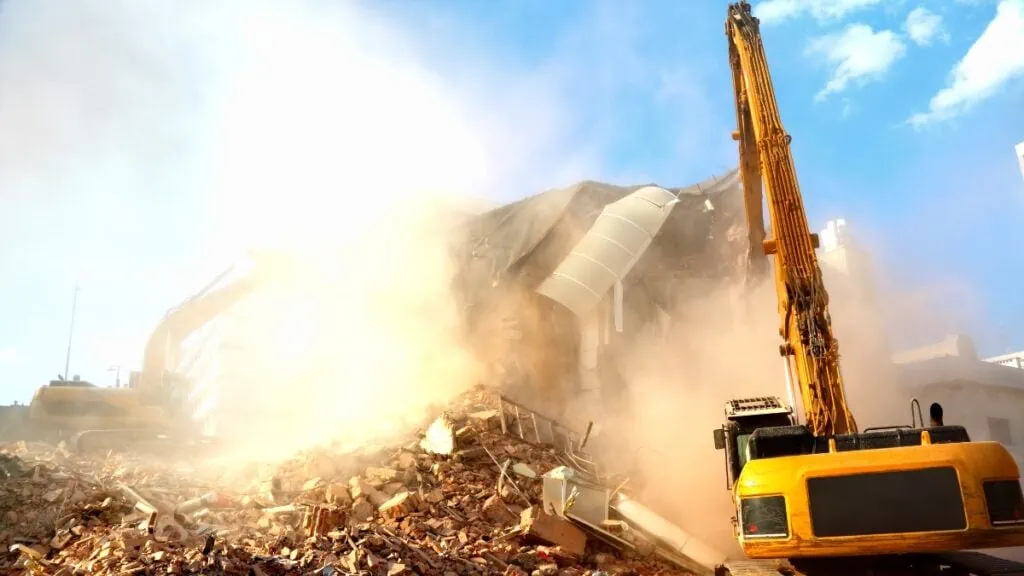
Can you prevent demolition waste?
While it’s impossible to eliminate demolition waste entirely, there are strategies to minimize it:
- Deconstruction: Carefully dismantling a structure to salvage reusable materials can significantly reduce waste generation.
- Material reuse: Incorporating salvaged materials into new construction projects or donating them to organizations in need.
- Recycling: Recycling and repurposing materials that cannot be reused to minimize the volume of waste sent to landfills.
Conclusion
Demolition waste is an inevitable byproduct of construction and renovation projects. Proper management of this waste is crucial to minimize its environmental impact, conserve resources, and promote a circular economy.
By understanding the types of demolition waste, their potential effects, and the importance of a demolition plan, we can make informed decisions to reduce waste generation and disposal.
EZ Cleanup offers professional demolition and construction debris removal services in Philadelphia and surrounding areas. We specialize in demolition waste management, and our experienced team ensures responsible handling, disposal, and recycling of demolition waste, providing you with an environmentally-friendly solution for your project.
Don’t let demolition waste be a burden on your project. Contact EZ Cleanup or call 215-678-2040 today to discuss your demolition needs and discover how we can help you manage waste efficiently and sustainably.
Let us handle the heavy lifting and give your project the best chance of success!

